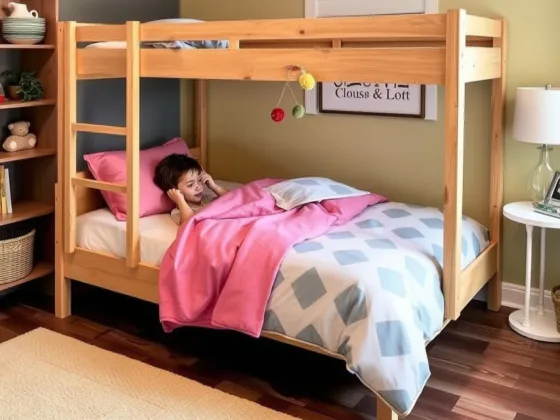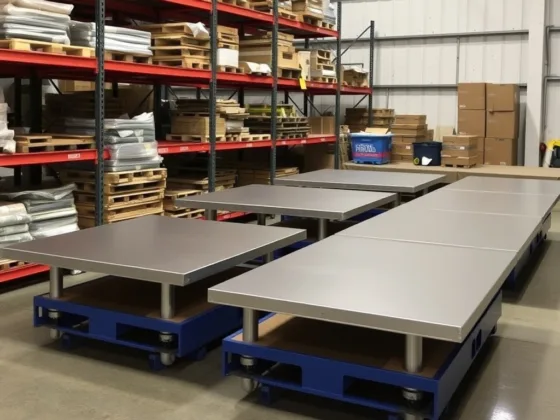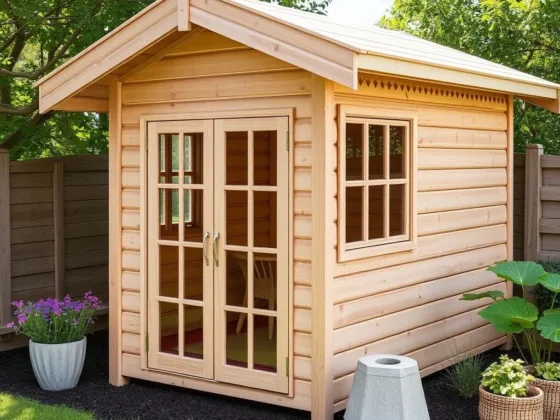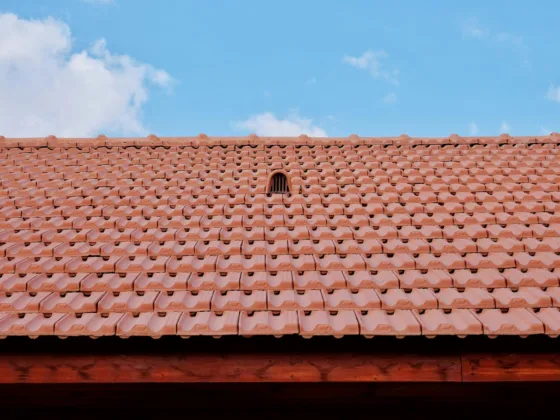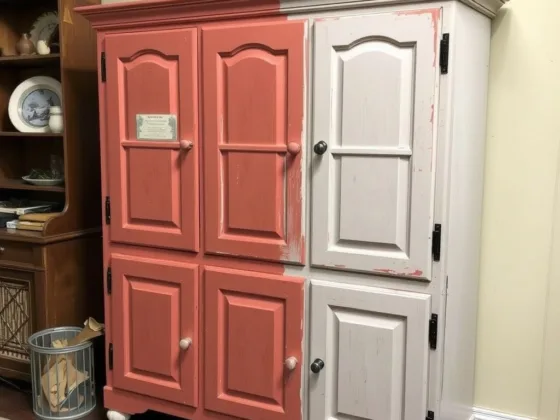Buyer beware is a wise adage when looking to buy an existing home. That is why there are home inspectors to hire.
A home inspection can give a buyer a clear picture of a home’s defects and advantages. It is a picture of the condition of all a home’s systems, structures, and appliances.
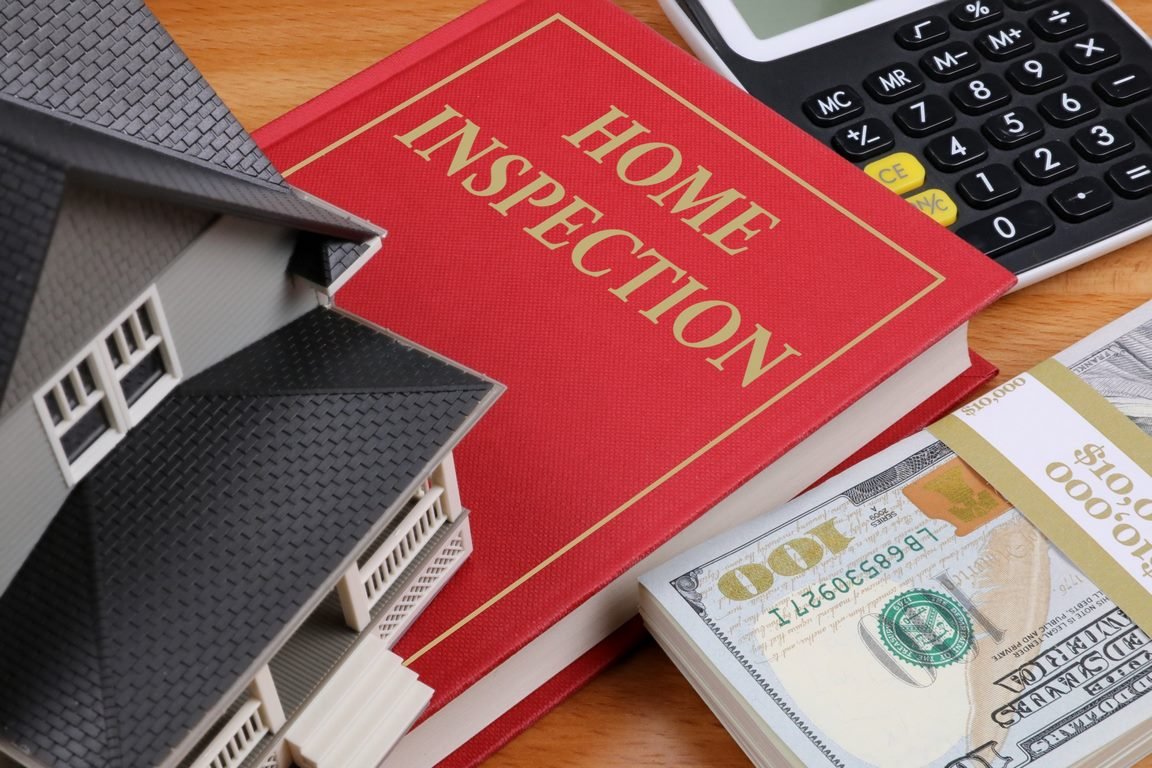
No one wants to pay all that money for a house and then discover upon moving in that the roof leaks and needs replacing or the electrical system needs upgrading.
What if the furnace does not operate safely and efficiently?
Be Smart, Get a Home Inspection Before Buying
Contacting a home inspection service or company such as aeiinspections.com/news is a good start.
They can give you advice on what to look for and line you up with a local accredited home inspector.
You can’t see everything on a casual walk-through with a real estate agent.
Home inspectors are trained to inspect all the structural features of a home and all the operating systems, such as plumbing, electrical, and HVAC.
A home inspector goes through the house with a list of systems to check and then writes a report for the customer.
That report can be used to negotiate the home selling price or to ask for repairs to be made before closing.
Some homeowners get a home inspection before listing their homes for sale. They then know what to expect and how to price their home.
They might make the repairs before listing the house or adjust the selling price and give the inspection report to prospective buyers.
Read Also:
6 Structural Defects to Look For
Six things to look for before purchasing the house are:
- Faulty wiring and electrical system. Look for outdated features and too small electrical service boxes.
The home should have a minimum of 100-amp service and preferably 200-amp service.
Check the circuit breakers and outlets, plug-ins, and light fixtures for proper operation. Is this electrical system safe and up to modern codes?
- Poor grading of the lot the home sits on. The lot should be graded so water runs away from the house, not toward it.
Standing water next to the foundation can cause wet basements, damaged foundations, and more.
- Defects in all the water control systems, such as gutters, basement sump pumps, and pit or drain tile, window wells of poor design, cracks in foundation or basement that will let water in, and standing water near the home must be considered.
- The roof is a major cost to replace, so check it for age and condition. A roof’s average life is about 20 to 25 years when asphalt shingles are used.
- The whole plumbing system should be checked for leaky pipes, low water pressure, faulty plumbing installation, dripping faucets, toilets that do not flush correctly, and more.
- The heating and cooling or HVAC system can be old or poorly maintained. They can have defects that affect their working properly and safely.
Also, check the home’s insulation and ventilation, as they affect how the HVAC system functions.
In addition to the major systems and structure, take a look at how the house has been maintained or neglected. It makes a difference.
It is important to note structural damage that has not been repaired, such as cracks in walls, floors, or foundations.
If dampness has not been addressed, it could lead to mold and mildew problems that can hurt people’s health.
If there is too much-deferred maintenance, it can represent a major cost to bring the house up to the standards you want.
It is also a good idea to have the home inspector perform a complete environmental evaluation of the property.
Make sure you tell the home inspector everything you want them to check out and get the pricing for that complete service.



